Let’s call it “the TV show heart attack.” A person suddenly stops talking mid-sentence, clutches the chest in pain and falls to the ground.
It’s very dramatic, but not always what a real heart attack looks—or feels—like.
Chest pain is the most common symptom of a heart attack. But in most cases, the pain starts slowly. And it’s usually a mild pain or discomfort. It might last for a few minutes and then disappear. You might even mistake it for a case of indigestion.
Surprised that such a serious event could hide behind such subtle symptoms? Here are a few more sneaky signs of heart trouble you might not expect.
8 hidden signs of heart trouble
- Upper body pain – A heart attack doesn’t always feel like chest pain. Instead, you might feel pain or discomfort in your arms, back, neck, jaw or stomach. Back and jaw pain in particular are somewhat more common in women than in men. Upper body pain can signal other heart problems as well, such as heart disease or arrhythmia.
- Nausea – Feeling sick to your stomach or vomiting is another sign of a heart attack that’s seen more often in women than in men. Or nausea can be related to heart failure, when your heart can’t pump enough blood to keep your digestive system working smoothly.
- A cold sweat – People having a heart attack sometimes break out in a cold, clammy sweat.
- Shortness of breath, coughing or wheezing – While these are common symptoms of asthma and other lung conditions, they can also indicate a heart problem. For instance, during a heart attack, you might feel shortness of breath with or without chest pain. And with heart failure, fluid tends to build up in various parts of the body, including the lungs. That can cause a cough or make it harder to breathe.
- Swelling in the legs and feet – Called edema, this can happen when fluid builds up in the tissues. It can be another sign of heart failure.
- Fatigue – Of course, this can be a sign that you just didn’t sleep well last night. But feeling tired can also indicate that your brain isn’t getting enough blood and oxygen because your heart isn’t working properly. Tell your doctor if you get very fatigued by everyday activities, like walking up stairs or shopping.
- Leg pain – Pain or cramping in your legs while walking can be a sign of peripheral artery disease (PAD). PAD occurs when plaque builds up in the arteries that send blood to your legs. It’s the same kind of buildup that can lead to a heart attack or stroke.
- Slow-healing wounds – When wounds on your feet or toes don’t heal or heal very slowly, it’s a cause for concern. While it may be a complication of diabetes, it could also be related to poor blood flow from your heart.
If you’re concerned about your heart’s health, the best person to talk to is your doctor. He or she will review your all your symptoms together to see the big picture of your health.
If you think you or someone else might be having a heart attack, always call 911 right away.
Is it time for a test?
Two big signs of heart trouble are especially stealthy: high blood pressure and high cholesterol. Unfortunately, they often have no symptoms. So it’s important to have them checked regularly. Talk with your doctor about what tests you may need—and how often.

